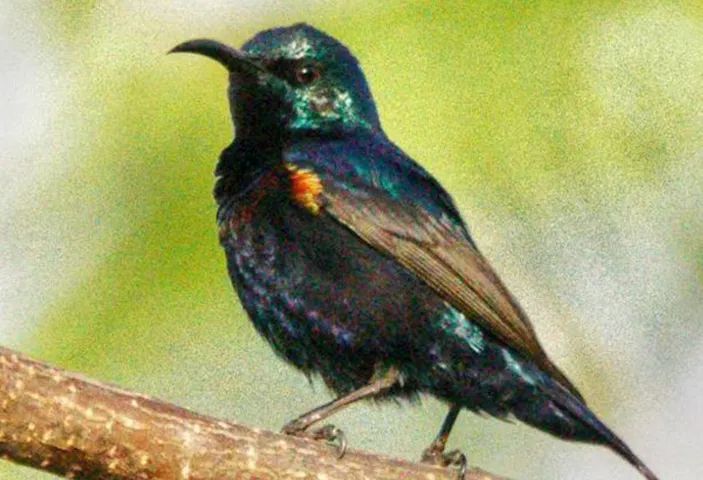 Contact us
Contact usIntent
Community
Studio Organo Concepts
About Us
Subsidaries
Studio Organo
TS RERA No.P02400003403.
TS RERA No.P02400003403.

Cherry-Garrard, a member of Scott’s 1912 expedition concluded his own account of that fateful adventure with a mournful recognition of the importance of ‘polar psychology’, claiming that on the white continent fundamental questions of value arose – ‘what is worth what?’
As we are nearing the lockdown period, I have realized that I have suffered a terrible affliction - Nature-Deficit Disorder, which is a phrase coined by Richard Louv to indicate problems arising from restricted access to nature and the lure of electronic devices. It is during times like these, that eco-habitats can confer benefits to its residents which can help maintain physiological and psychological well-being.
Since eco-habitats are low-density communities, there are open areas where walking and exercising can be done. Residents also take up farming activities due to the lack of staff during the lockdown. The community is more engaged in living as self-sufficient as possible. All these activities help residents keep fit. But what about keeping fit psychologically?
An eco-habitat is a vastly different environment from the overload of rectangles and sharp corners that surround us in urban areas. The sound of rain falling on the trees and washing the landscape to expose the bright hues while the smell of wet soil engulfs the community; or a haphazard outline of a neem tree against the backdrop of a setting sun; or the sweet sound of a songbird waking you up from a peaceful sleep – this can put a person into a profound calmness which could evoke a strong desire to lead a life on a slow track.
In the words of Mr Nagesh Battula, Managing Director at Organo and a resident at Naandi- “More than a month passed by sitting at home in this lockdown period. But we are savouring the delights of this eco-habitat that we co-created. Every morning we wake up with noises of birds chirping, looking at their natural struggles of survival. In a low-density community with 2 families per acre, we have enough room for a bio-diverse environment.
The lockdown did not change much for the birds and the trees. As a resident, I too feel that not much has changed other than our work getting affected. In these last few weeks, the idea of losing business seemed to not bother me as much. When I see my wife plucking vegetables from our backyard and harvesting vegetables in the farm with other community members (since the farm workers are in lockdown), it gives me confidence in the idea that we may not need much. It evokes a strong feeling that we, as humanity, can survive better in an agrarian society than a consumerist society.
Lockdown is also helping Our community, Naandi, in coming together and collectively thinking of how to dirty their hands in farming, animal husbandry or managing our waste rather than only focusing on sanitizing our hands. Our collective incremental wisdom on all the aspects of eco-living is improving day by day and we are learning to run our lives with minimal supplies from outside.”
Cocooned in my urban and dense habitat, I am reminded of a poem by Robert Frost-
I have wished a bird would fly away
And not sing by my house all-day
Have clapped my hands at him from the door
When it seemed as if I could bear no more
The fault must partly have been in me
The bird was not to blame for its key
And of course, there must be something wrong in wanting to silence any song
-Robert Frost, A Minor Bird
Building eco-habitats is a small step that we are taking to pacify the bird and invite it back into our homes.
